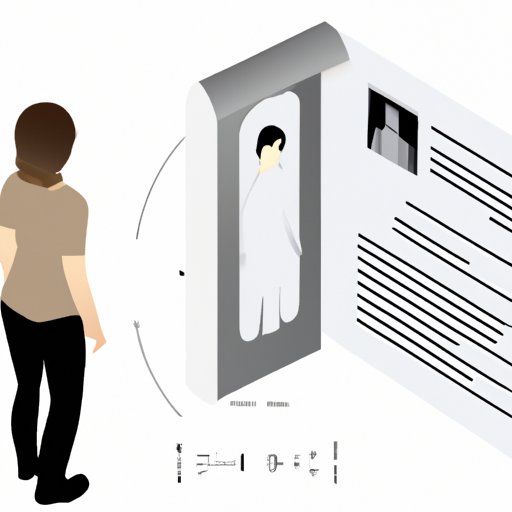Introduction
Biometric screenings are becoming increasingly popular as a way to identify early warning signs of chronic diseases and help individuals take charge of their health. In this article, we’ll explore what biometric screenings are, how they work, and why they matter. Whether you’re considering getting a screening for the first time or simply want to learn more about this important health tool, this article has you covered.
What are Biometric Screenings?
Biometric screenings are a set of health tests that measure various biometric data points to help identify potential health risks and prevent chronic diseases. These screenings can assess everything from blood pressure and cholesterol levels to body fat percentage and blood glucose levels.
There are many different types of biometric screenings available, and the tests that are performed can vary depending on the needs of the individual being screened. In general, biometric screenings are useful for identifying early warning signs of health issues, allowing individuals to take preventative measures to stay healthy.
How Do Biometric Screenings Work?
The process of getting a biometric screening can vary depending on the specific tests that are being performed. In general, though, most screenings involve a combination of physical assessments, like taking measurements of your height, weight, and blood pressure, as well as blood tests and other lab work.
The goal of a biometric screening is to collect accurate data about an individual’s health status. This data can then be used to identify potential health risks and determine the best course of action to prevent chronic diseases from developing.
Common Biometric Measurements
There are several different measurements that are commonly used in biometric screenings:
- BMI (body mass index)
- Blood pressure
- Cholesterol levels
- Blood glucose levels
- Waist circumference
Each of these measurements provides valuable information about an individual’s overall health status. For example, a high BMI can indicate that an individual is overweight or obese, which can increase the risk for a variety of health issues, including heart disease and diabetes. High cholesterol levels can also be an early warning sign of these and other chronic diseases.
Who Should Get Biometric Screenings?
Anyone can benefit from a biometric screening, but certain individuals may be especially good candidates for these tests. Individuals with a family history of chronic diseases like heart disease, diabetes, or cancer, for example, may want to consider getting regular biometric screenings as a preventative measure.
Similarly, people who are at a higher risk for these diseases due to lifestyle factors like poor diet, sedentary behavior, and smoking should also consider getting biometric screenings. Early detection is key to preventing chronic diseases from developing, and biometric screenings can help catch potential health issues early on.
What to Expect After the Screening
After a biometric screening, it’s important to follow up with your healthcare provider to discuss the results and determine any next steps that need to be taken. If a health issue is detected during the screening, your provider may recommend further testing or treatment options to help manage the condition.
Depending on the specific issue that was identified, treatment options may include lifestyle changes like diet and exercise or medication. Your provider can work with you to develop a personalized treatment plan that meets your specific needs.
Conclusion
Biometric screenings are an important tool for maintaining good health and preventing chronic diseases from developing. By identifying potential health risks early on, these tests allow individuals to take action to keep themselves healthy and avoid serious health issues down the line. If you haven’t gotten a biometric screening before, consider scheduling one soon to stay on top of your health.
